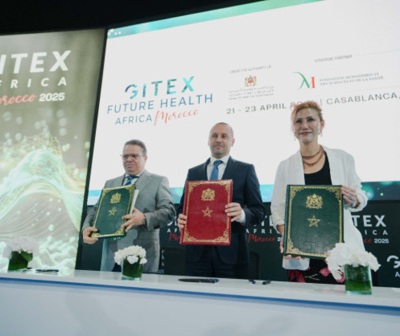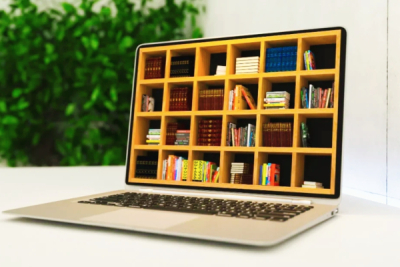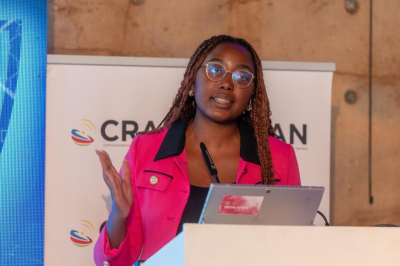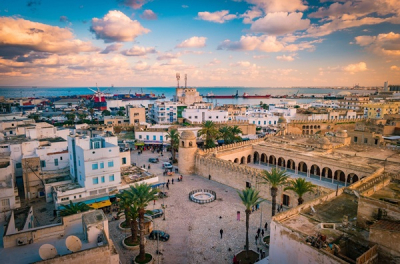Moroccan authorities consider digital technology a key driver of socioeconomic development. This priority spans all sectors, including entrepreneurship.
The Moroccan government and Swedish technology firm Ericsson have announced plans to collaborate on equipping Moroccan entrepreneurs with crucial digital skills. This vision was formalized through the signing of a memorandum of understanding (MoU) on the sidelines of the third edition of Gitex Africa, held in Marrakech from Monday, April 14, to Wednesday, April 16.
Under the MoU, the two entities will explore various ways for Moroccan entrepreneurs and small businesses to leverage Ericsson’s global educational initiatives. A key resource is the Ericsson Educate platform, which offers extensive online learning content covering vital areas such as 5G technology, artificial intelligence (AI), machine learning (ML), the Internet of Things (IoT), automation, cloud computing, and general telecommunications principles.
The overarching goal for the Moroccan government is to furnish entrepreneurs with the “skills in demand for Morocco’s growing digital economy.” This initiative has the potential to align with Axis 2 of the "Morocco Digital 2030" digital transformation strategy, which aims to digitize the nation's economic structure to enhance productivity. Government plans include establishing a foundation for business digitalization, supporting the growth of Moroccan tech small and medium-sized enterprises (SMEs), and aiding micro and small businesses in their own digital transformations. Through widespread digitalization, the government anticipates adding 100 billion dirhams (approximately $10.8 billion) to the national Gross Domestic Product (GDP) by 2030.
However, the article notes that beyond skills acquisition, Moroccan companies may face several hurdles in their digital transition. The Organisation for Economic Co-operation and Development (OECD) has highlighted challenges such as limited internal resources, financial constraints, and restricted access to reliable, fast, and affordable digital infrastructure. The OECD points out that “access to fast broadband, which is essential for businesses to fully leverage digital transformation and harness the potential of advanced applications, remains uneven between urban, rural, and remote areas.”
It is crucial to note that the agreement between the Moroccan government and Ericsson is currently a non-binding memorandum of understanding. This document signifies an intention to collaborate, with specific terms and conditions to be determined through future discussions. The signing of a definitive partnership agreement and the subsequent implementation of planned actions will provide a clearer picture of the potential outcomes and impact of this collaboration.
By Isaac K. Kassouwi,
Editing by Sèna D. B. de Sodji



















